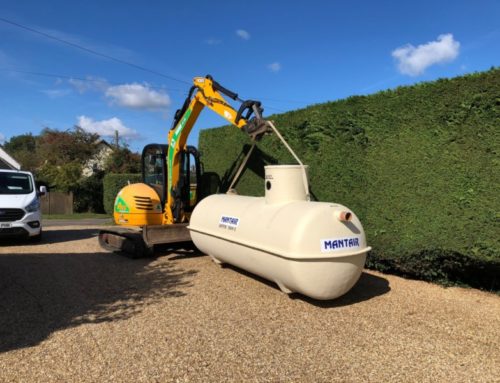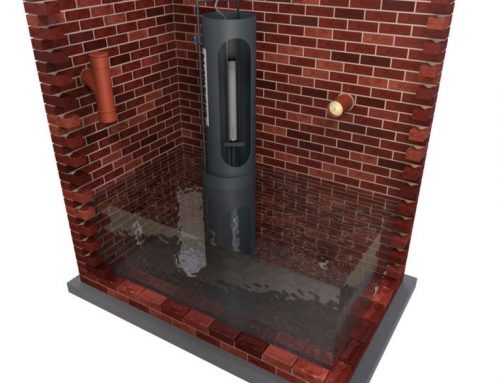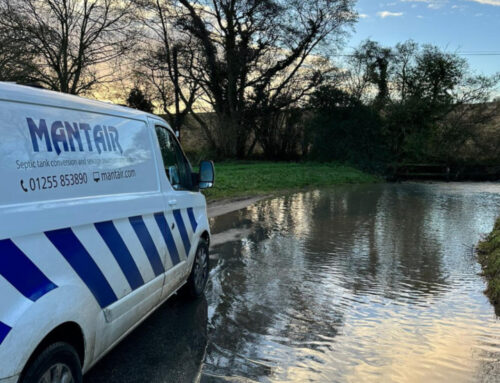UK Water firms have been illegally discharging sewage, but domestic discharge into watercourses is also a concern
A recent BBC news report has exposed the alarming practice of major water companies illegally discharging sewage into watercourses on dry days when regulations clearly forbid such actions (known as dry spilling). Three water companies have come under scrutiny for collectively releasing sewage for 3,500 hours in 2022, a breach of their permits. The remaining six water companies in England said they couldn’t provide information because they were already being investigated for potential illegal spilling by industry regulator Ofwat and the Environment Agency.
BBC Report vs. Domestic Discharge
This revelation is indeed shocking, but it should also serve as a reminder that domestic sewage discharge into watercourses is a concern in the UK. Are you a UK homeowner with a septic tank, and are you confident that your system is not illegally discharging into a watercourse?
Magnitude of Impact
While the BBC report highlights large-scale illegal sewage discharge by major water companies, it is essential to acknowledge that domestic sewage discharge collectively contributes to water pollution as well. The impact may vary in scale, but both situations pose serious environmental and health risks. Discharging sewage without proper treatment can lead to the release of harmful contaminants and toxins into water bodies.
Responsibility
Major water companies bear the responsibility for ensuring the proper treatment and disposal of sewage. On the other hand, homeowners must also take responsibility for their sewage systems, ensuring compliance with regulations.
Compliance with Regulations
In the wake of these revelations, it is imperative for UK homeowners to take proactive steps in managing their sewage systems.
Know the Rules
Familiarise yourself with the General Binding Rules 2020, which outline the regulations for domestic sewage discharge. Understanding these rules is the first step toward compliance.
Regular Maintenance
Ensure that your septic tank or sewage treatment plant is regularly maintained and serviced. Regular inspections can help identify and address potential issues before they become significant problems.
Seek Permits
Some systems require an environmental permit for sewage discharge. This permit ensures that your sewage system meets specific environmental standards.
Choose Responsible Practices
Implement responsible water usage and waste disposal practices within your household. Reducing water wastage and being mindful of what is flushed down the toilet can minimise the load on your sewage system.
Be the Bigger Person
While it’s easy to point fingers at major water companies for their alleged violations, homeowners must also hold themselves accountable. Our individual actions matter. By ensuring that our domestic sewage systems comply with regulations and environmental standards, homeowners can set an example of responsible environmental stewardship. Be the bigger person in this scenario, and contribute to cleaner watercourses, healthier ecosystems, and safer recreational spaces for everyone.
To find out if your system complies, contact Mantair at enquiries@mantair.com, or on 01255 853890 for a free site survey.



